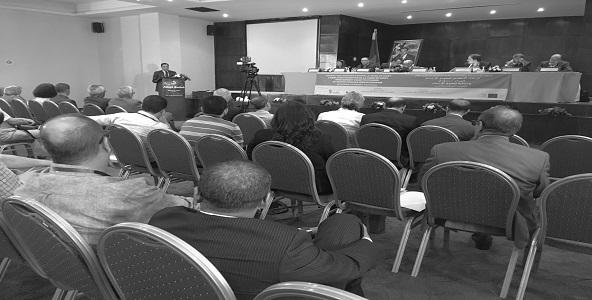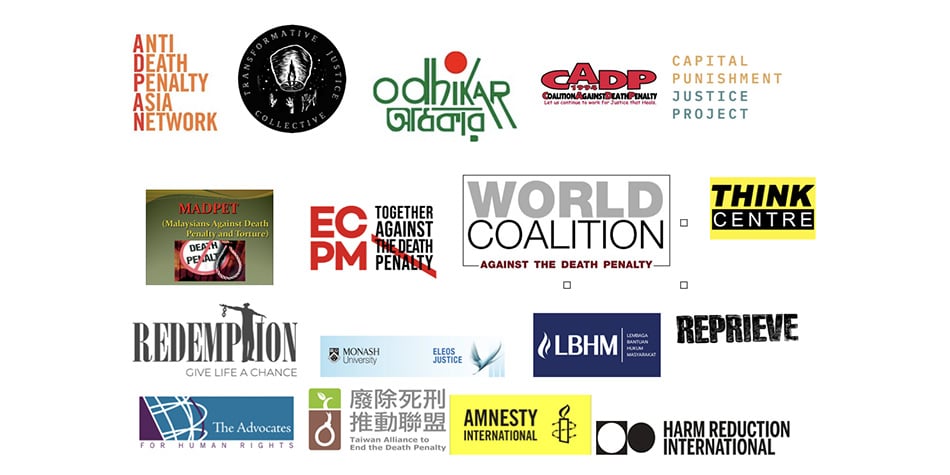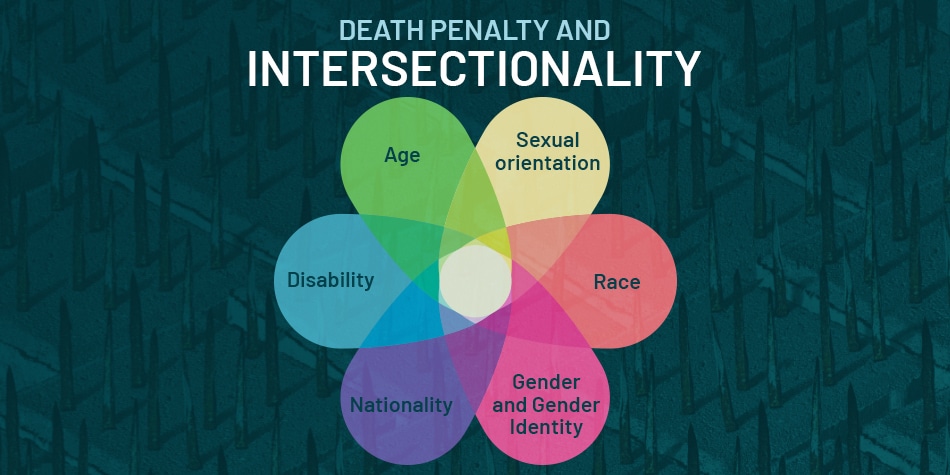
Abolitionist activities, criminal policy at the heart of abolition
Africa
This conference organized by the Moroccan Prison Observatory (OMP) and RACPM in partnership with Ensemble contre la peine de mort (ECPM) and the Moroccan Coalition Against the Death Penalty is part of the OMP’s policy for "a reform of the criminal and prison legal system guaranteeing the protection of the human rights and dignity of prisoners".
Recognition of the right to life in Morocco (Article 20 of the Constitution) an antinomy to the country’s criminal policy
By organising this conference, OMP wishes to relaunch dialogue on criminal policy and the death penalty. In Morocco, although article 23 of the Constitution guarantees the right of detainees and article 20 recognizes the right to life, no compliance has been initiated to abolish the death penalty, which is still imposed by the courts. Morocco has been under a de facto moratorium since 1993, and in 2017, more than 15 people were sentenced to death and 112 are currently detained on death row. The OMP and its partners wished to broaden the network and the reflection on the issue of the abolition of the death penalty in order to bring criminal policy into line with the Constitution.
Of course, advocacy plays an important role and participants wished to recall the role of civil society and lawyers in the struggle for abolition.
World Day Against the Death Penalty to be debated
As every year since 2003, on 10 October, the World Coalition against the Death Penalty has established the World Day against the Death Penalty.
This year the theme for 2018 is living conditions on death row. This debate is very relevant and a huge number of associations and organizations have been mobilized by sending testimonies for the preparation of the Day or by preparing events for 10/10/2018.
At the conference on 30 June 2018, following the programme which involved several personalities from Moroccan institutions – parliamentarians and representatives of civil society – the debates focused in part on the living conditions on death row. It has emerged that it is becoming important to raise awareness among the general public through civil society and to implement additional studies on the situation of persons sentenced to death in order to assess their conditions of detention and the reality they face.
Discussions then concluded with the following recommendations:
• Continued efforts to reform criminal policy;
• Given the weakness of the legislative initiative, it was recommended that work be done to establish an advocacy and awareness programme for elected representatives;
• The implementation of the provisions of the 2011 Constitution, and in particular, the implementation of the right of Petition.
• Lead a campaign for the vote on the UN resolution on the moratorium on the abolition of the death penalty to be held at the United Nations in December 2018;
• To plead for the stopping of the pronouncements of death sentences by the Moroccan courts;
• The implementation of a profound reform of the criminal legal arsenal, exempt from the death penalty;
• The implementation of the recommendations of the UN committees concerning the ratification of the 2nd Protocol to the International Covenant on Civil and Political Rights;
• Implementation of the Commission’s recommendations concerning ratification of the Second Protocol and the Rome Statute;
• Improving the conditions of those sentenced to death, pending the change of death sentences to limited alternative sentences, also excluding life sentences considered equally inhuman;
• Increase efforts to broaden public debate;
• Increase initiatives for the implementation of awareness and education programmes on the right to life.
• Energize and encourage networking among civil society actors, lawyers, parliamentarians, health, cultural and other stakeholders.







